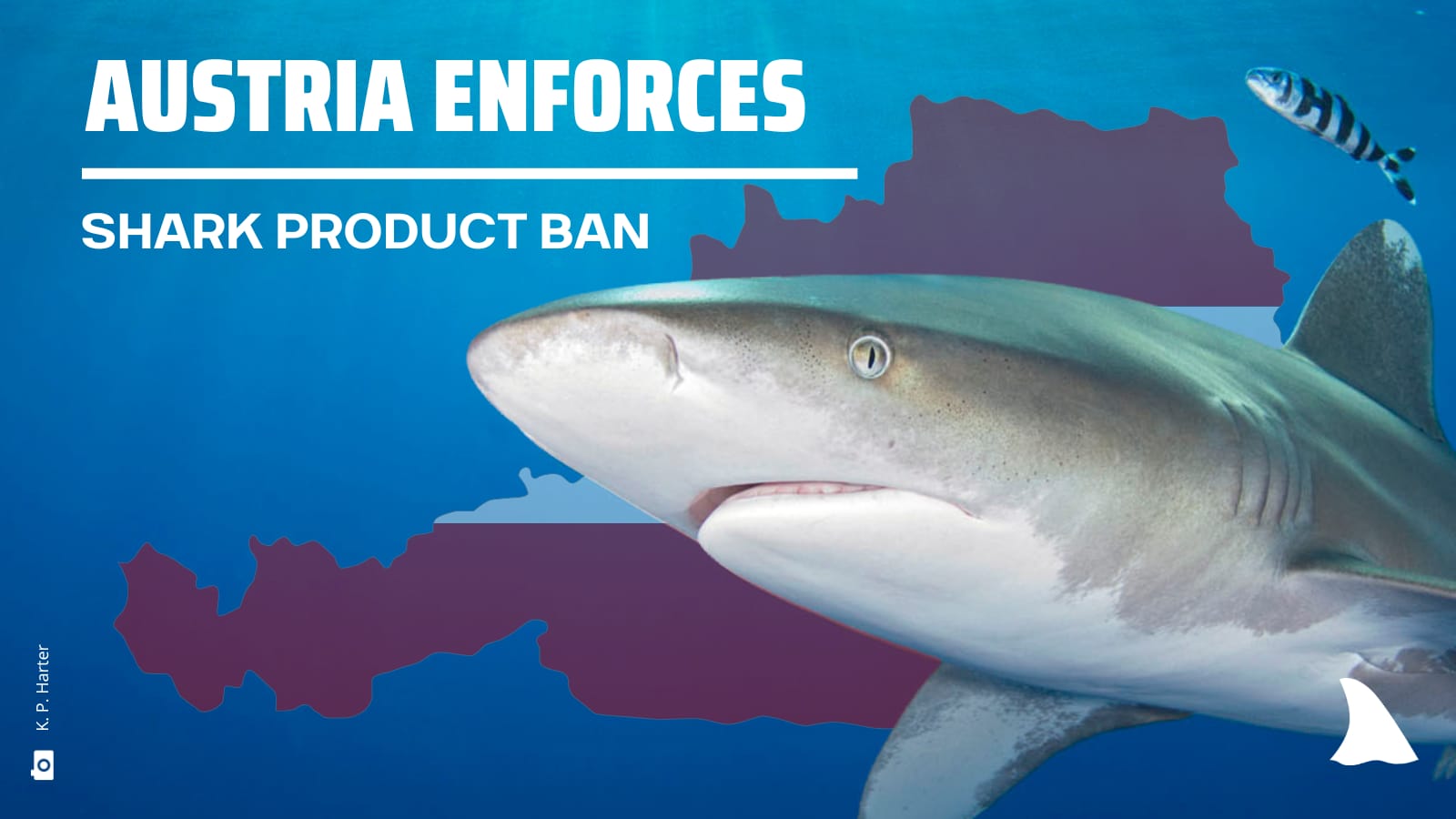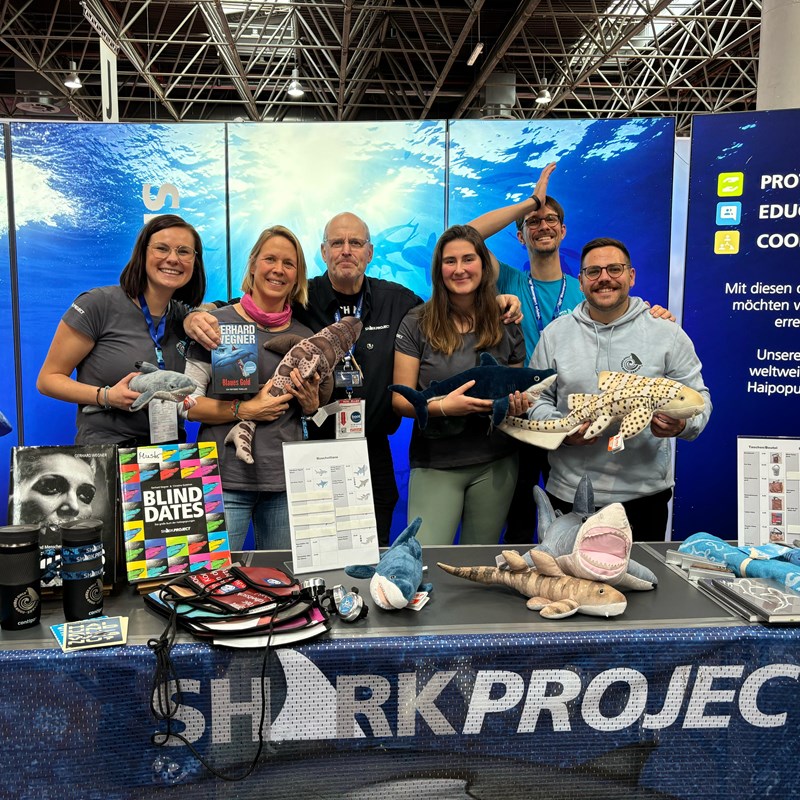

Global marine coalition releases final scorecard on Marine Stewardship Council’s new seafood certification Standard, concluding that it does not go far enough in protecting species at risk.
2. May, 2023
Seafood Eco-Label MSC's Revised Standard – Big Blue Future or Big Blue Failure?
Zurich/Switzerland, 02 May 2023. Make Stewardship Count, a coalition of more than 90 global marine conservation organizations, experts and academics, released today its final set of scorecards assessing the new Fisheries Standard of the Marine Stewardship Council (MSC). A number of critical issues the coalition pressed the MSC to improve during the multi-year review process did result in a strengthened Standard, but ended up including some concerning loopholes.
The final scorecards — based on a traffic light assessment — therefore, remain mostly red and yellow.
MSC’s Fisheries Standard is meant to provide a framework within which the environmental impacts and effective management of a fishery can be assessed before it can use the MSC blue tick label. Consumers trust that the label — affixed to more than 20,000 products globally — represents seafood caught sustainably and ethically. However, the coalition fears that the label will continue to be awarded to fisheries that routinely catch vulnerable animals, waste excessive amounts of sea life, damage ecosystems and catch overfished species.
Early drafts of the new Standard generated optimism, as they included a requirement for scientifically peer-reviewed levels of independent observation of most fisheries, which would have ensured both a greater understanding of and ability to mitigate fisheries impacts on species at risk. To the coalition’s dismay, the final Standard removed these proposed requirements for all fisheries except those on the high seas.
“The recent Fisheries Standard Review process provided a historic opportunity for the MSC to drive real changes in global fishery management throughout the next decade, especially with regard to requirements for increased monitoring and compliance,” said Shannon Arnold, senior marine program coordinator of the Ecology Action Centre. “Like many parts of the final Standard, the MSC’s intentions were on the right path. On the surface the scoring metrics are stronger, however, the devil is in the details and those details ended up including loopholes, opt-outs, and weak definitions that will undermine the certification intentions.
Throughout the review process, the coalition had challenged MSC to strengthen its requirements for the protection of Endangered, Threatened and Protected (ETP) species, and is pleased that the final Standard has strengthened the requirements to reduce fishing impacts related to these species. However, underlying definitions included in the Standard related to ETP species are concerning. IUCN “Vulnerable” species — a critical ask from Make Stewardship Count — have been left out. The new Standard could also result in some economically valuable fisheries targeting ETP species being awarded the MSC’s blue tick, as assessment bodies will be allowed to modify a number of the ETP definition requirements based on the application of criteria that the coalition feels are not sufficiently precautionary.
A notable positive in the scorecard is the requirement for MSC fisheries to have a policy in place that sharks must be landed with their fins naturally attached to their bodies.
“We have requested ‘Fins Naturally Attached’ as a prerequisite for certification and welcome that MSC will finally introduce this globally acknowledged best practice, with no exceptions,” stated Dr. Iris Ziegler, head of international cooperation at Sharkproject. “However, without mandatory levels of compliance monitoring, the risk is that this will be mostly a paper exercise and not drive real changes for sharks on the water, especially since most fisheries will have until 2028 — six years from now — before having to comply with the new requirement.”
The coalition noted in its Request for Transparency Scorecard that in comparison to previous MSC Standard reviews, the FSR 3.0 review process was marked by increased communication with stakeholders and a greater number of opportunities to participate in consultations via workshops and webinars. Unfortunately, during the most critical final stage of the process — between the last draft and the final Standard release — there was only one opportunity for stakeholders to provide feedback.
“As active participants and highly engaged stakeholders, it was disappointing to have seen so much effort from MSC to improve transparency of the process, only to have it largely evaporate at the final stage of decision-making, thwarting several key improvements," said Kate O’Connell, marine wildlife consultant with the Animal Welfare Institute. “Many of the most concerning policy walk backs happened at this point, such as the weakening of required monitoring and compliance levels for all fisheries, and the decision to continue to allow the certification of fisheries that intentionally harass and kill marine mammals.”
The changes to MSC’s Fisheries Standard entered into effect on May 1, 2023.
“It is impossible to know how and if these new provisions will truly impact certifications until they are applied to fisheries over the next 6 years as the Standard is phased in,” said Dr Cat Dorey, Independent Advisor on seafood sustainability. “The MSC will be hard-pressed to ensure that its certified fisheries meet the ambitious sustainable management and biodiversity targets set for 2030 by the Global Biodiversity Framework.”
Make Stewardship Count Steering Committee Contact information:
Dr. Iris Ziegler
Head of International Cooperation | SHARKPROJECT International, Switzerland
+49 174-3795190 (Deutsch, Englisch), i.ziegler@sharkproject.org
Shannon Arnold
Senior Marine Program Coordinator | Ecology Action Centre, Canada
+1 902-329-4668 (Englisch), sarnold@ecologyaction.ca
Kate O'Connell
Marine Animal Consultant | Animal Welfare Institute, USA
+1 860-990-7858 (Englisch, Spanisch), kate.oconnell@balaena.org
Dr. Cat Dorey
Independent Advisor | Australia
+61 425-368-323 (Englisch), catdorey@gmail.com
Notes for editors:
The Make Stewardship Count Coalition is an international coalition of more than 90 NGOs and experts that aim to drive urgently needed improvements to the MSC Standard and certification process. It is important for consumers to be able to trust the MSC label and be confident that it represents seafood products that are sourced sustainably and responsibly and are not associated with unethical, destructive or wasteful fishing practices.
Rationale for Make Stewardship Count’s Request for Transparency scorecard: It was crucial for MSC to adopt best practices for transparent consultation during this review. Stakeholders needed to understand who was invited to engage and why, how best to engage, how input was used, and how and why decisions were made at each step of the way. Make Stewardship Count rated MSC against best practice recommendations that drew from leading literature on stakeholder consultation, as well as coalition members’ many years of experience engaging with MSC.
Rationale for Make Stewardship Count’s Critical Changes Needed to Improve MSC Standard scorecard: The MSC Standard should reflect global best practices in fisheries management and drive positive change on the water. Make Stewardship Count rated whether or not the review addressed the critical flaws that its coalition of experts had earlier identified, to reduce the ecological impacts of certified fisheries.


